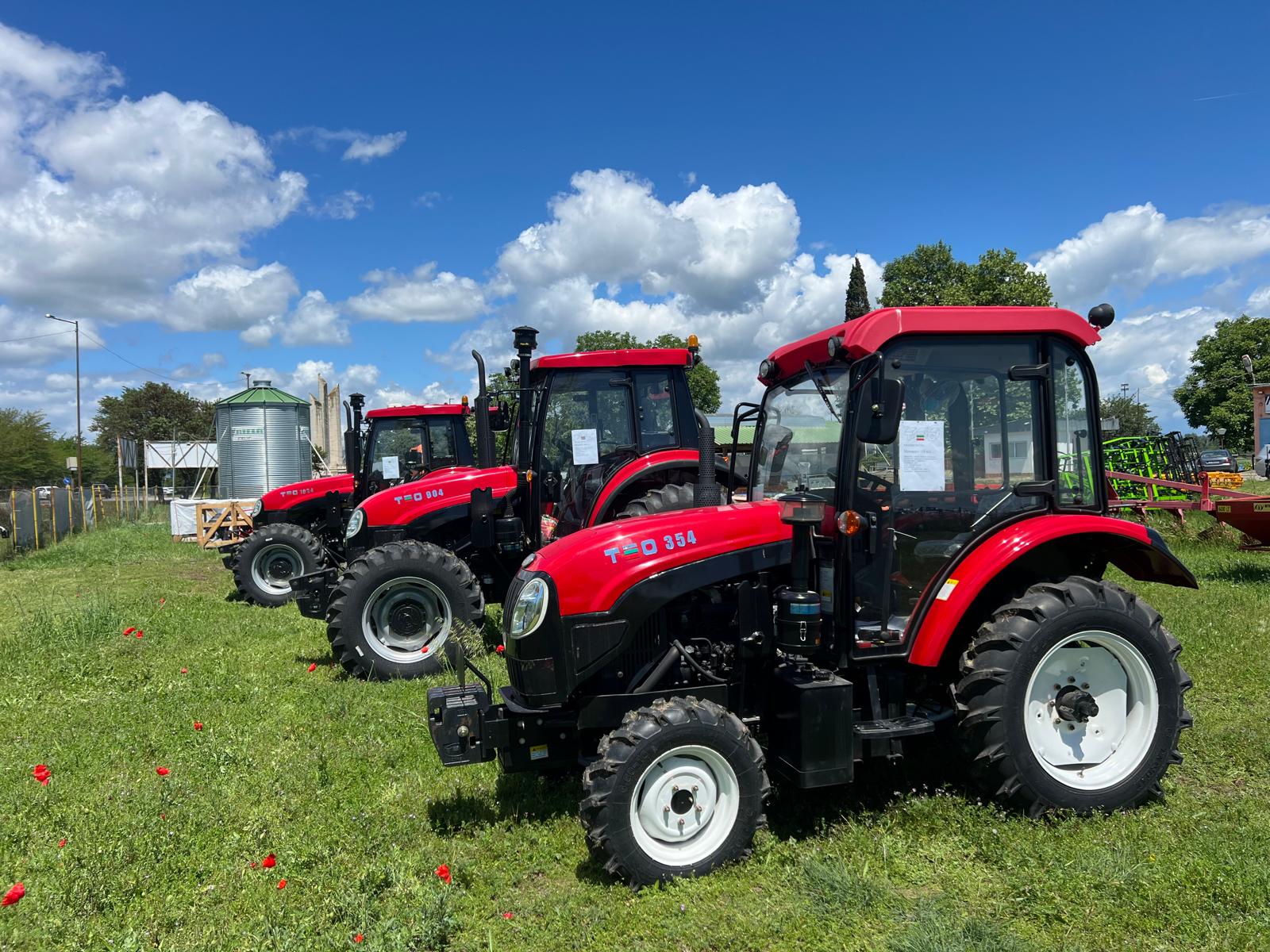
Finalists announced for the 2024 EU Organic Awards

The names of the finalists for the 2024 EU Organic Awards have been revealed today. For each of the eight categories, the top three projects have been selected, representing 24 finalists from 11 EU countries. The winners of the eight awards will be unveiled at the official ceremony in Brussels on 23 September, as part of a series of events and activities celebrating the annual EU Organic Day.
The EU Organic Awards were launched in 2022 as a commitment under the Action Plan for the Development of Organic Production. The Awards’ goal is to recognise excellence across the organic value chain, from farmers and restaurants to SMEs (Small and Medium Enterprises) and bio-districts. It also enhances the overall visibility of the organic value chain and develops the knowledge of the organic logo. This year marks the third edition of the Awards, featuring seven categories and eight individual awards. The Awards aim to honour projects that are outstanding, innovative, sustainable, and inspiring, adding real value to organic production and consumption. Winners have the chance to present their projects to a wider audience, showing best practices.
The Awards are jointly organised by the Commission, the European Economic and Social Committee, the European Committee of the Regions, COPA-COGECA and IFOAM Organics Europe. The jury for the awards consists of representatives from these organisations, as well as representatives from the European Parliament and the Council of the EU. The jury selects the winners in each category by judging their projects against the horizontal award criteria.
This year’s finalists in each category are:
Best organic farmer (female)
- Blagovesta Vasilieva, The wild farm (ДИВАТА ФЕРМА), Gorno Pole, Eastern Rhodopes, Bulgaria
- Caroline Devillers, Bel Go Bio, Hollogne-sur-Geer, province of Liège, Belgique
- Reinhild Frech-Emmelmann, Reinsaat GmbH, St. Leonhard am Hornerwald, Lower Austria, Austria
Best organic farmer (male)
- Gianpaolo Mancini, Il sentiero del Riccio, Sicignano degli Alburni, Salerno, Italy
- Tommi Hasu, LuomuMattinen, Oravala, Kouvola, Finland
- Benny Schöpf, Kartoffelkombinat, München, Bavaria, Germany
Best organic region
- Comunidade Intermunicipal do Alto Tâmega e Barroso, Chaves, Portugal
- Comunidad autónoma de Castilla – La Mancha, Spain
- South Savo, Finland
Best organic city
- BioStadt Bremen, Germany
- Cascais, Lisbon district, Portugal
- Las Rozas, Community of Madrid, Spain
Best organic “bio-district”
- Distretto del Cibo Monregalese – Cebano, Cuneo, Piedmont, Italia
- Bioregião de S. Pedro do Sul, Viseu district, Beira alta, Portugal
- Sörmland Bio-district, Sörmland, Sweden
Best organic food processing SME (Small and Medium Enterprises)
- Biologon GmbH, Hochfilzen, Tyrol, Austria
- Gino Girolomoni Cooperativa Agricola, Isola del Piano, Montebello, Marche, Italy
- Organic veggie food GmbH/SOTO organic specialities, Bad Endorf, Bavaria, Germany
Best organic food retailer
- BIOGAST GmbH, Zwettl, Lower Austria, Austria
- Coolanowle Organic Meats, Ballickmoyler, County Laois, Ireland
- SAiFRESC, Catarroja, Valencian Community, Spain
Best organic restaurant/food service
- B2 Bio pur GmbH, Binsdorf, Baden-Württemberg, Germany
- Biohotel St. Daniel, Štanjel, Primórska region, Slovenia
- Kalf & Hansen, Stockholm, Sweden
Further information about the candidates, the selection criteria, and the awards in general can be found on the on the EU Organic Awards webpage.
Background
Organic farming, aquaculture, and production contribute to reducing chemical fertilisers, pesticides, and anti-microbials, positively impacting climate, environment, biodiversity, animal welfare, and fair farmer incomes. The area of land farmed organically in the EU has grown to 17 million hectares, making up 10.5% of the total in 2022. Increased public awareness of organics is crucial for boosting consumer demand and achieving the European Green Deal objective of 25% of EU agricultural land under organic farming by 2030 and a significant increase in organic aquaculture. In the current common agricultural policy (CAP), all 28 CAP Strategic Plans include funding for organic farming.





